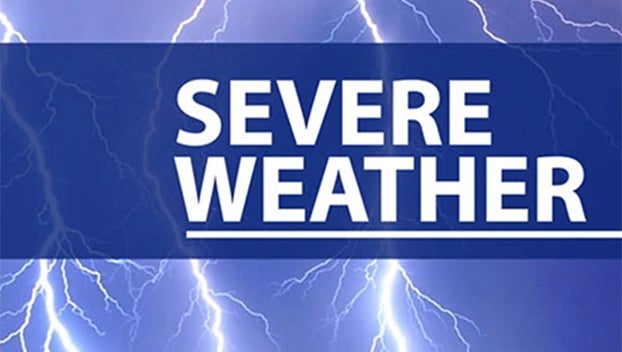VIDEO: Apple iPhone 5 praised for speed, faulted on maps by reviewers
Published 5:21 pm Wednesday, July 30, 2014
Apple’s iPhone 5 drew accolades from technology-gadget critics, who praised the smartphone’s lightweight body design, bigger screen and swifter data-download speeds even as some faulted its mapping tools.
The iPhone 5, which is scheduled to reach stores Sept. 21, is the best smartphone on the market, map-software flaws aside, according to Walt Mossberg of the Wall Street Journal. Ed Baig of USA Today said the device keeps Apple ahead of rivals such as Samsung Electronics Co., and Rich Jaroslovsky of Bloomberg called it the “handsomest phone you can buy.”
The mostly positive reviews stand to fuel what’s already turning out to be robust demand for Apple’s best-selling product. The company said on Sept. 17 that it received more than 2 million orders in 24 hours, more than double the record set when the company introduced the iPhone 4S last year.
“Nearly every feature has been upgraded, with a focus on what counts: screen, sound, camera, speed,” David Pogue wrote in the New York Times.
According to Mossberg and Jaroslovsky, one of the iPhone’s biggest drawbacks is the mapping software created by Apple to replace the Google maps application that had come pre- installed on the iPhone since 2007.
For instance, Apple’s version doesn’t have public-transit routing, Mossberg said. Jaroslovsky said the software was easily confused giving directions, especially in urban areas.
Both praised the device overall.
“Apple has taken an already great product and made it better,” Mossberg wrote.
The iPhone will be available Sept. 21 in the United States, Australia, Canada, France, Germany, Hong Kong, Japan, Singapore and Britain. With a new wireless contract, the device costs $199, $299 and $399, depending on the amount of memory.
Pogue criticized Apple’s change to a new dock connector, saying the move hampered the device’s compatibility with cars, clocks and speakers. The adapters being sold by Apple, which cost $30 or $40, don’t work for all accessories, he said. With the change, Apple gave away a competitive advantage of having a network of accessories available to use, Pogue said.
“That’s not just a slap in the face to loyal customers – it’s a jab in the eye,” Pogue said.
One of the biggest improvements for the iPhone is its speed, said Baig of USA Today. The iPhone 5 connects to new high-speed wireless networks known as LTE, or long-term evolution, that are being introduced by companies such as AT&T and Verizon Wireless, letting users more seamlessly watch video or toggle between Web pages or applications.
“People have always had lofty expectations for the iPhone 5, especially as the competition stiffens,” Baig wrote. “In delivering a fast, attractive, LTE-capable and larger-screen handset, Apple has met those expectations with a gem.”
Bloomberg’s Jaroslovsky praised the device’s battery life, which for other smartphones drains more quickly when working on an LTE network.
Apple may sell 6 million to 10 million iPhones during the opening weekend, according to Gene Munster, an analyst at Piper Jaffray With the iPhone 5 going on sale in 22 more countries on Sept. 28, Apple may sell another 49 million from October to December, according to Munster.
The iPhone accounts for about two-thirds of Apple’s profit, helping make it the world’s most valuable company. Shares rose less than 1 percent to a record $701.91 in New York today.
Because Apple only releases one new model a year, a successful debut is critical for the company’s continued growth. That compares with the several smartphones released each year by Samsung, Apple’s main competitor in a global smartphone market that surged 62 percent to $219.1 billion last year, according data compiled by Bloomberg Industries.
Samsung, which makes smartphones with bigger screens than the new iPhone 5, has sold more than 20 million units of its Galaxy S III smartphone.
“The iPhone 5 is by no means perfect, and we’re lucky there are a lot of really good smartphones on the market,” Jaroslovsky said. “But only one great one.”
&nbs





